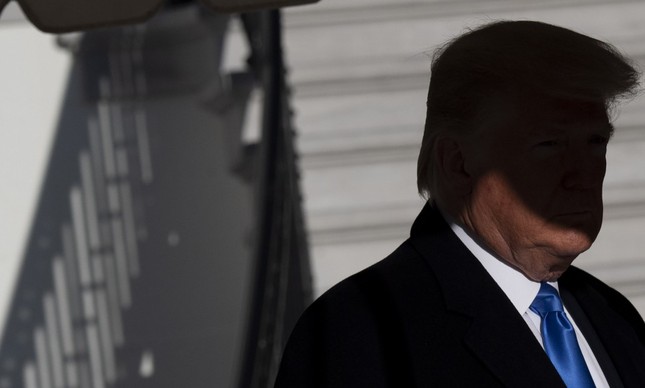At a time when many Senate Republicans are signaling that
they intend to support President Donald Trump during any upcoming impeachment
trial, Florida Senator Marco Rubio reiterated Thursday that he remains
open-minded — albeit cautious — about the charges brought Wednesday by
Democrats in the U.S. House of Representatives.
In a series of tweets, Rubio suggested the bar is high for
senators to vote to remove Trump, something seen as unlikely to happen in the
Republican-controlled Senate. But he said he’ll make up his mind after
reviewing the facts and testimony surrounding allegations that Trump abused his
office while pushing the government of Ukraine to investigate a political
rival.
“The question before each Senator isn’t whether @POTUS did
something offensive, wrong, improper or even bad for the country. The question
is whether he has, (WITHIN THE MEANING OF THE CONSTITUTION) committed treason,
bribery and/or other high crimes and misdemeanors,” Rubio tweeted.
“My decision will be based on a two pronged test,” he added.
“Did President [Trump] commit treason, bribery and/or a high crime or
misdemeanor as meant by [the] Constitution? And if so, does it rise to a level
warranting removal or is it best left for voters to decide in just 11 months?”
While hardly an endorsement of the allegations brought by
the House Wednesday along partisan lines, Rubio’s thinking is a departure from
a majority of Republican senators who have indicated that they will vote to
keep Trump in power if and when it comes time for the Senate to hold an
impeachment trial.
Senate Majority Leader Mitch McConnell, R-Ky., says he is
working in concert with the White House ahead of the looming proceedings.
Florida’s junior Republican senator, former governor Rick Scott, has already
made up his mind to vote to keep Trump in office, calling impeachment on
Wednesday a “partisan sham.”
In the House, no Republicans voted for the two articles of
impeachment brought by Democrats, alleging abuse of power and obstruction of
Congress.
Rubio has been critical of Trump’s dealings with Ukraine.
But he has questioned whether Trump’s actions are grounds for impeachment and
criticized House Democrats’ handling of impeachment proceedings. He has also
said several times over the last month that he is not paying particularly close
attention to the documents and testimony coming out of the House, planning
instead to dig into the evidence presented during the Senate’s trial.
For now, though, it’s unclear what shape that trial would
take, something Rubio did not opine on Thursday. It’s also unclear when House
Speaker Nancy Pelosi will transmit the articles of impeachment and name
impeachment managers to handle the House’s case in the Senate.
“Playing games with the transmission of the Articles to the
Senate will not impede or influence the Senate, but it will be the kind of
partisan political stunt that further undermines the credibility of the process
carried out by House Democrats,” Rubio tweeted Thursday.
Rubio also said he isn’t impartial, noting that all 100
senators “have a preexisting opinion” of Trump. But he said the Senate “must
and will fulfill its duty to receive” the articles of impeachment and “conduct
a trial.”
